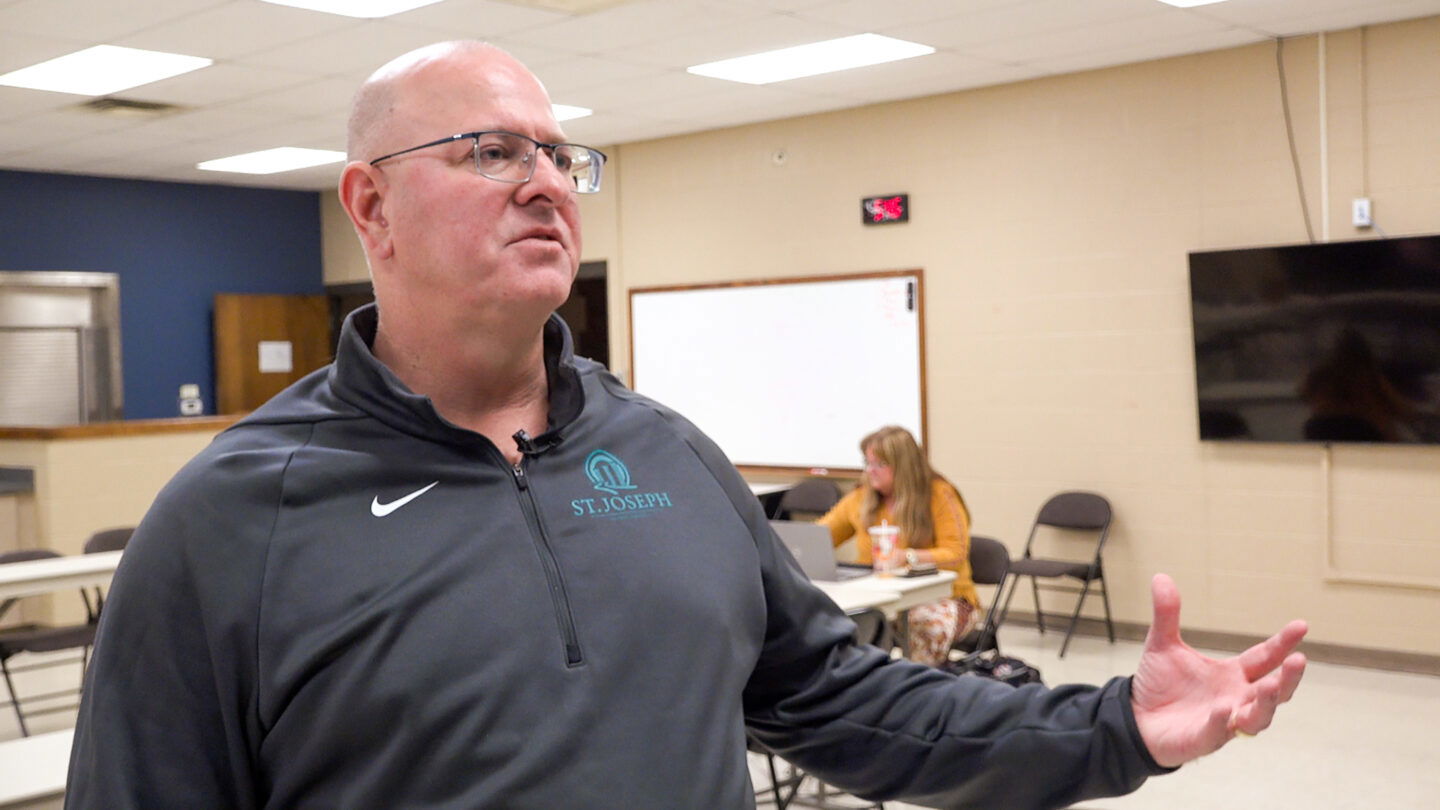District could raise teacher pay funds via tax levy

By Marcus Clem
Although a deeply divided St. Joseph Board of Education rejected a four-day-a-week school plan, room for agreement exists on raising taxes to help teachers through another approach.
A number of strategies exist for attracting teacher applicants and building loyalty to the district, so there are fewer recruits leaving. Two main ideas exist: The first is to make it easier and less stressful to be a teacher, reducing the before- and after-school hours a teacher must invest in their kids. The second is to increase the rewards of work in the classroom.
The district already has confronted a budget deficit in the last year, so it cannot spare the cash to raise salaries without public support. The earliest date a tax election could be scheduled is Aug. 6. Local advocates have warned that is too far down the road.
“We’re already on fire. We can’t wait to see why things are burning, and we can’t complain that the water’s gonna ruin the carpet if we use it to put out the fire,” said Jeff Leake, a Lafayette High School teacher, in comments to the school board on Monday.
Board member David Foster, who opposed the four-day plan from the start and ultimately voted “no,” indicated Wednesday he is more open to a tax levy proposal. His term on the board ends in mid-April, following the April 2 election of his replacement. A tax levy vote could happen before Foster leaves.
“I believe that when the time is right, our community would back a tax levy that includes a pay raise for teachers. Our past levy success supports this possibility,” Foster said.
As dozens of job vacancies currently exist and will increase in number by Aug. 21, the first day of the 2024-25 year, some have warned that a levy increase would deliver aid too slowly. Assistant Superintendent Robert Sigrist analyzed the situation in writing on Tuesday. In particular, common fears that the district would have to wait a year or two are not correct, he said.
“The information out there about the length of time is inaccurate, I’m not sure who put that out,” he said. “If a levy passed in August of ‘24, we would set our tax rate at the August tax hearing and the taxes would be assessed on the (December) tax bills,” said Sigrist, who manages district finances.
“Thus, we would start to receive that additional revenue in (January) ‘25.”
The current total levy is $4.32 for every $100 of property value that exists in school district boundaries, as determined by the Buchanan County Assessor. The “value” in question varies depending on what kind of property is being taxed.
Today, each cent of taxation generates about $120,000, Sigrist said. The base teacher salary, currently $38,700, could be raised via these means. If the district offers a $100 annual pay increase to each staffer, it needs $300,000 to pay for that.
The district would raise $6 million by hiking the tax levy by 50 cents, to $4.85 per $100 in property assessments. No plan to adjust the levy has yet been presented by the school district.
“This is a rough estimate,” Sigrist said. “That is pretty much the effect of a levy increase on our revenue in a nutshell.”
All of this depends on voters approving a levy increase when one is proposed, as is increasingly likely. If the owner of a house deemed to be worth $100,000 saw voters adopt a hypothetical 50-cent hike, Sigrist said, that annual tax bill would go up by just under $95. The yearly tax bill would increase by about $190 for the owner of a $200,000 home, and so on.




